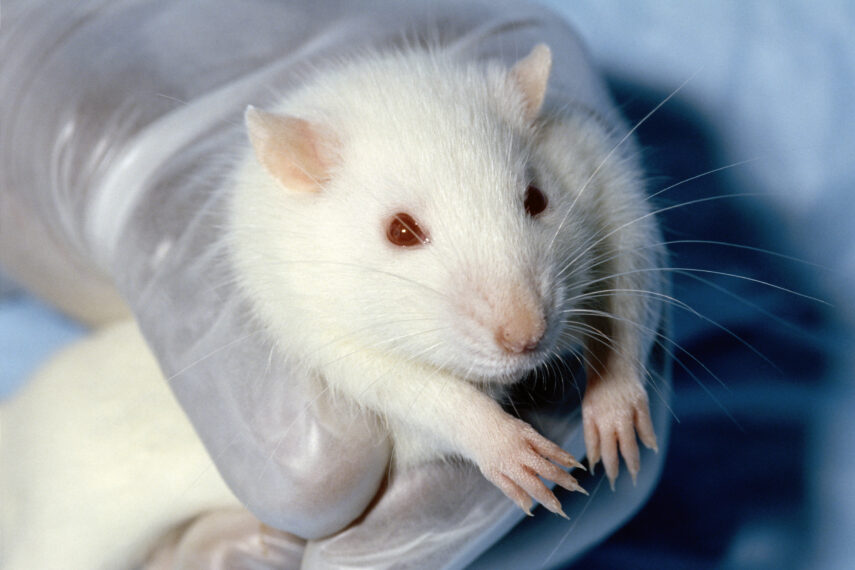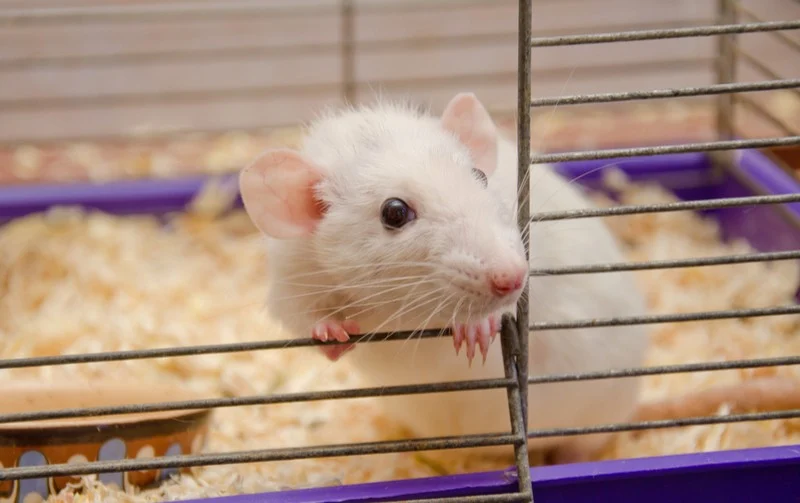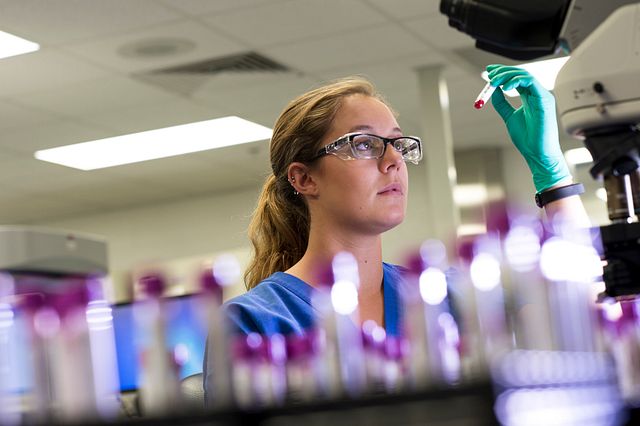As society continues to prioritize ethical considerations and advancements in scientific research, the need for alternatives to animal testing has gained significant momentum. The traditional use of animals in testing procedures has long been controversial, raising concerns about their welfare, scientific validity, and the potential for more accurate and reliable methods.
In response to these concerns, scientists, researchers, and policymakers have been actively exploring innovative approaches to testing that replace or reduce the reliance on animal models. There is more data about alternatives to animal testing that you can find on this link. This article will analyze more about the future of testing by examining the emerging alternatives to animal testing and their potential to revolutionize medicine, cosmetics, toxicology, and beyond.
The Need for Change

To meet future challenges, we must reevaluate how we conduct the research and move away from the traditional reliance on existing models. The limitations and ethical concerns associated with animals have prompted scientists and researchers to explore alternative methods that align with our evolving understanding of biology and technology.
By exploring innovative approaches, we can pave the way for a future where animals are spared unnecessary suffering while still ensuring the safety and efficacy of products and treatments. The shift toward these alternatives is driven by compassion and the recognition that modern scientific advancements offer us new and more accurate ways to gather data and make informed decisions.
Ethical Considerations
One of the primary motivations for exploring alternatives is the desire to prioritize ethical considerations and improve animal welfare. The use of animals in testing has long been a subject of intense debate and scrutiny. Many argue that subjecting animals to potentially harmful substances or procedures goes against our moral obligations to treat them with respect and compassion.
By embracing alternative methods, we can alleviate the suffering endured by countless animals and provide more humane solutions to scientific inquiries. Additionally, adopting these alternatives allows us to align our practices with changing societal values, reflecting a growing global consensus on the importance of animal rights. The future holds great promise for reducing and ultimately eliminating the reliance on animal models, leading us toward a more compassionate and sustainablanimal welfaree approach to scientific research.
Advancements in Scientific Research

Exploring the future of new models requires embracing the rapid advancements in scientific research. The convergence of cutting-edge technologies such as artificial intelligence, in vitro models, microfluidics, and organs-on-chips opens up new horizons for conducting experiments with unprecedented precision and accuracy. These innovative approaches provide:
- Opportunities to mimic human physiology and pathophysiology more effectively.
- Enabling researchers to gain deeper insights into the efficacy and safety of drugs.
- Cosmetics.
- Other substances.
By harnessing the power of these advancements, we can revolutionize the field of testing and propel scientific discovery forward, paving the way for breakthroughs in personalized medicine, disease modeling, and toxicology studies.
Exploring Innovative Approaches
The future lies in embracing a wide range of innovative approaches that challenge the status quo of animal testing. For example, researchers are actively exploring alternative methods, such as in vitro cell cultures, organoids, computational models, and micro-dosing techniques, to name a few. These methods allow for more targeted and precise experiments, reducing the need for large-scale animal testing while providing reliable and reproducible results.
Furthermore, emerging technologies like 3D bio-printing offer the potential to create functional human tissue models for testing purposes, allowing us to mimic the complex interactions within the human body more accurately.
Reducing Reliance on Animal Models

A key objective in the future is to reduce our dependence on animal models. While it has historically played a significant role in scientific research, technological advancements and our understanding of human biology offer alternatives that can provide more relevant and reliable data.
By exploring and developing non-animal models, such as tissue engineering, human-based cell cultures, and computational simulations, we can minimize the use of animals in experiments. These methods reduce ethical concerns and offer the advantage of providing more accurate predictions of human responses to various substances.
Revolutionizing Medicine and Cosmetics
The future holds tremendous potential for revolutionizing medicine and cosmetics. By exploring innovative research methods more closely aligned with human biology, we can enhance the development of safe and effective treatments and products. For instance, in medicine, advancements in organ-on-chip technology allow researchers to simulate the complex interactions between different organs, enabling more accurate drug screening and personalized medicine approaches.
In cosmetics, alternative methods such as reconstructed human skin models and advanced computational simulations provide valuable insights into product safety without relying on animal testing.
Shaping the Future of Toxicology

The future of testing presents an opportunity to reshape the field of toxicology by exploring alternative methods beyond traditional animal testing. Innovative approaches such as high-throughput screening, computational toxicology, and organoids enable scientists to assess chemicals’ safety and potential risks more efficiently and accurately. These methods allow for comprehensive toxicity evaluations, including assessing exposure’s effects on different human tissues and identifying potential mechanisms of harm.
Ensuring Reliable and Accurate Results
In future testing, a primary focus is ensuring the reliability and accuracy of results obtained from alternative methods. Rigorous validation and standardization processes are essential to establish the scientific validity of these innovative approaches. Robust quality control measures, benchmarking studies, and collaborative efforts among researchers, regulatory bodies, and industry stakeholders play a pivotal role in verifying the efficacy and reproducibility of alternative testing methods.
By prioritizing these measures, we can instill confidence in the scientific community and ensure that the data generated from non-animal models are comparable and reliable, allowing for informed decision-making in various applications, from drug development to product safety assessments.
Last Words
Embracing alternatives to animal testing paves the way for a brighter and ethically responsible future in scientific research and testing. By reducing reliance on animal models and exploring innovative approaches, we can achieve more accurate, human-relevant results while minimizing animal suffering. Moreover, this shift aligns with evolving societal values and regulatory expectations and promotes advancements in scientific knowledge and technological capabilities.







